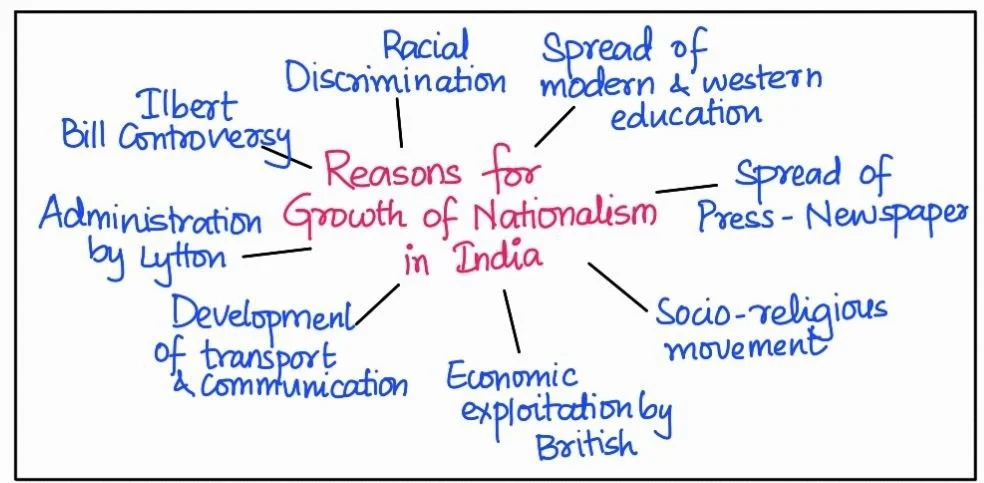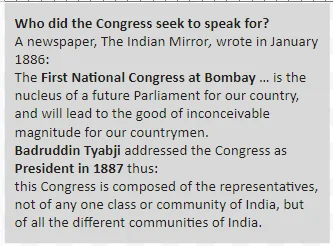![]() 25 Jun 2024
25 Jun 2024
Conquest of Britishers influenced the lives of peasants and tribals and also challenged the caste system and damaged the craft industry. This ultimately turned into revolt against British Rule and the Indian National Movement Started. The movement gave India many leaders but Gandhiji was the most influential.
Inclusive Vision of India: A realisation that India was the people of India – all the people irrespective of class, colour, caste, creed, language, or gender.


Formation of the Indian National Congress (INC), 1885
Establishment: It was established when 72 delegates from all over the country met at Bombay in December 1885.

Moderation in Objectives: The Congress in the first twenty years was “moderate” in its objectives and methods.
| Must Read | |
| Current Affairs | Editorial Analysis |
| Upsc Notes | Upsc Blogs |
| NCERT Notes | Free Main Answer Writing |
The early Indian National Congress (INC) emerged in response to British control. Nationalist leaders sought greater representation and an end to economic exploitation. Despite being elite, the INC aimed to raise public awareness about British injustices.
| Related Articles | |
| PWOnlyIAS Online UPSC Course 2024 | THE INDIAN NATIONAL MOVEMENT |
| Parliamentary Sovereignty in India | Economic Impact Of British Rule In India |
<div class="new-fform">
</div>